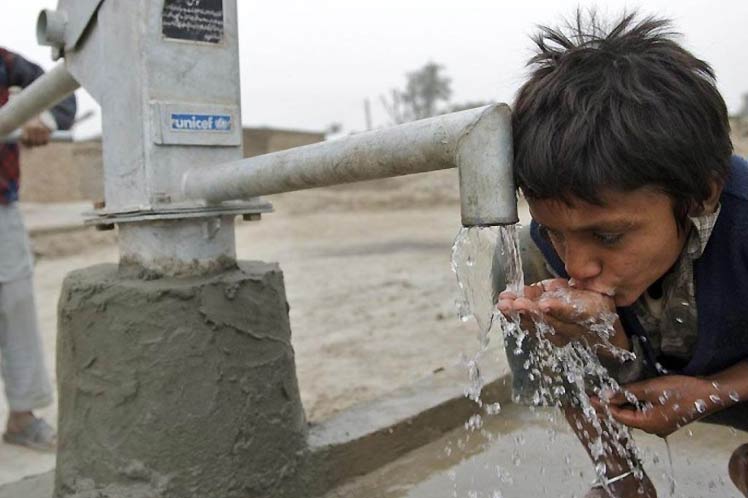The report focused on nine nations where violence and conflict are prevalent, and the impact the attacks have on children. Some 48 million people are estimated to need safe water and sanitation services in the Central African Republic, Iraq, Libya, Palestine, Pakistan, Sudan, Syria, Ukraine and Yemen.
For such a reason, UNICEF advocated for the protection of secure, reliable water and sanitation services is shown to be a critical factor in ensuring the survival of millions of children around the world.
Parties to conflict, said the agency, must immediately put an end to the attacks on water and sanitation services, and fulfill their obligations to protect children in conflict.
¨Access to water is a means of survival that must never be used as a tactic of war,¨ said Manuel Fontaine, UNICEF Director of Emergency Programs.
¨When the flow of water stops, diseases like cholera and diarrhea can spread like wildfire, often with fatal consequences,¨ added Mr. Fontaine. ¨Hospitals cannot function, and rates of malnutrition and wasting increase. Children and families are often forced out in search of water, exposing them, particularly girls, to an increased risk of harm and violence.¨
mh/pll/jha / ifb









